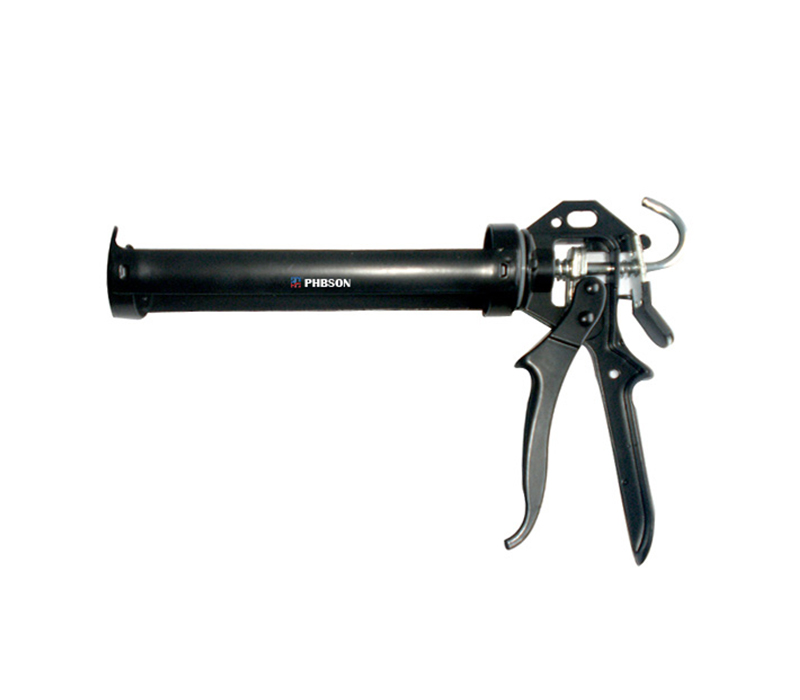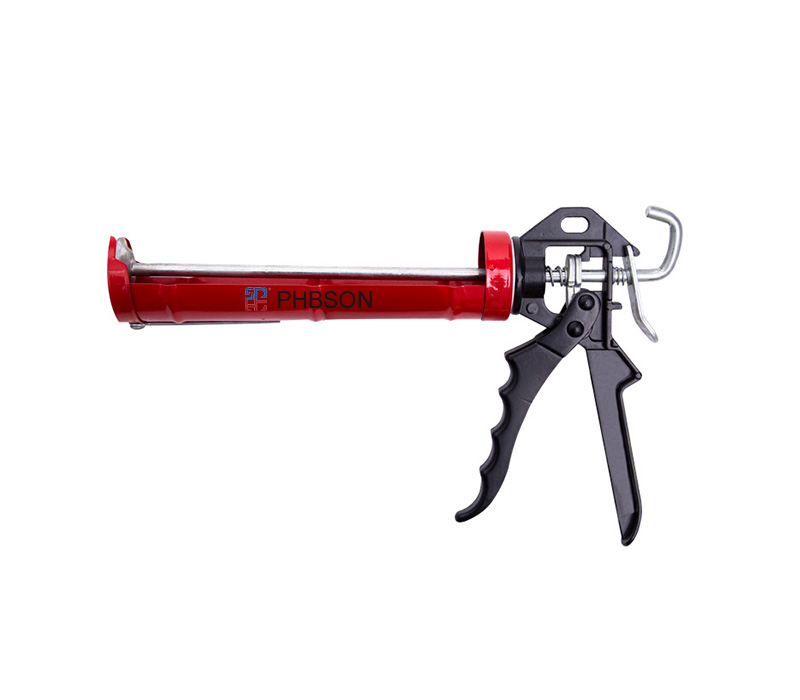Whether you’re watering your garden, boosting your home’s water pressure or clearing out a flooded basement, there’s an electric pump out there built for your needs. They’re smaller and lighter than gas pumps, making them a great choice if size and mobility are important to your operation.
Unlike belt driven pumps that flow in proportion to engine RPM an electric pump is constant. That can rob you of some power that might be better used elsewhere in the car.
Battery-Powered
If you have a flood in your basement or want to remove water from your yard, a battery-powered electric water pump can help you keep your home and belongings intact. This type of pump uses a car or marine battery to provide power for water transfer. It is perfect for removing water from outdoor ponds, swimming pools, or basements. It can also be used to drain clogged sinks and bathtubs.
These pumps require less maintenance than gas-powered pumps. Because they do not produce exhaust fumes, they are safer to use indoors. In addition, they are more portable than a gas pump and can be transported to remote jobsites.
For many applications, such as misting, disinfection, pest control, and commercial cleaning, the performance of gas-powered equipment is superior to that of a small electric pump. However, a gas motor requires extensive maintenance and care. It is important to check the oil level and cooling system regularly to avoid costly repairs.
Efficient
A water pump sends engine coolant on a winding journey through the radiator to shed heat. It also helps your car maintain a healthy operating temperature and prevents overheating. Adding an electric water pump can help you get more horsepower and improve fuel economy. However, if you're going to install one, make sure you consult a mechanic first to avoid voiding your vehicle warranty.
Unlike mechanical pumps that are powered by belts and gears, an electric pump runs on battery power. This allows the manufacturer to manage how much coolant moves through the system based on real-time cooling requirements. It can be managed manually or digitally.
Auto manufacturers use an electric water pump to pressurize the hot coolant so it can reach all the different areas of the engine quickly. It also provides better air flow to the thermostat and HVAC systems. These factors are driving the growth of the automotive electric water pump market.
Durable
Every part of a vehicle is essential to its function and durability. This is particularly true of the electric water pump, which is responsible for delivering coolant to different components of the engine. If the electric water pump isn’t working properly, the entire engine will suffer from overheating and other problems.
Unlike mechanical pumps, an electric water pump doesn’t draw power from the crankshaft. Instead, it runs on battery power. This makes it more reliable, as it’s not dependent on the crankshaft to operate. It also doesn’t lose energy to the belt and pulley system, which reduces heat and wear on components such as bearings and seals.
These features make an electric water pump ideal for drag racing, where engines are exposed to extreme levels of stress for short periods of time. In addition, they can be mounted remotely, which can help free up space in the engine compartment and allow for easier access to camshaft adjustments.
Affordable
If you're looking to get more power from your car, then an electric water pump is the right choice. These pumps work by cycling hot coolant through the engine and radiator. This helps to lower the temperature of your car's engine and improve its performance.

 English
English Español
Español















